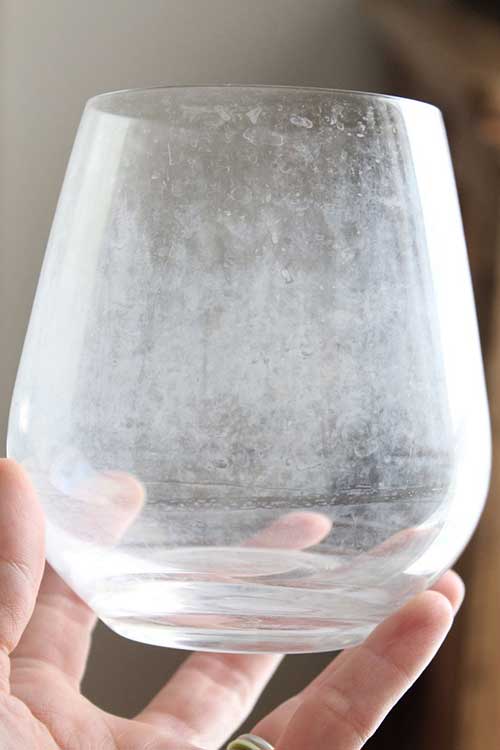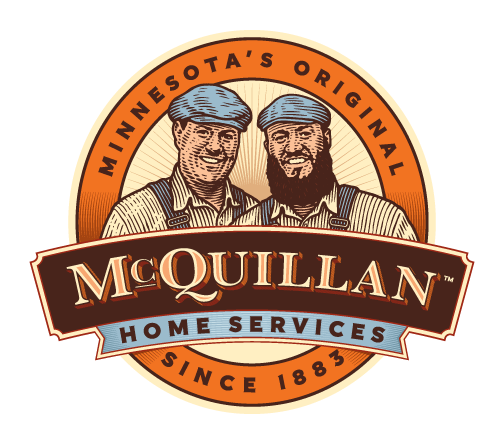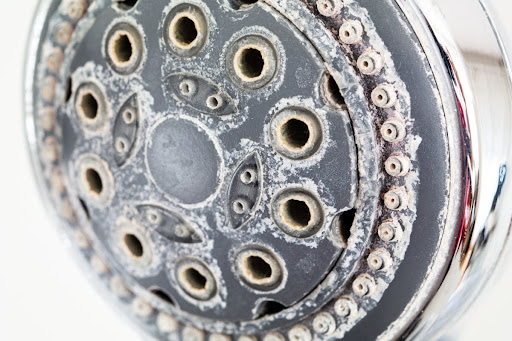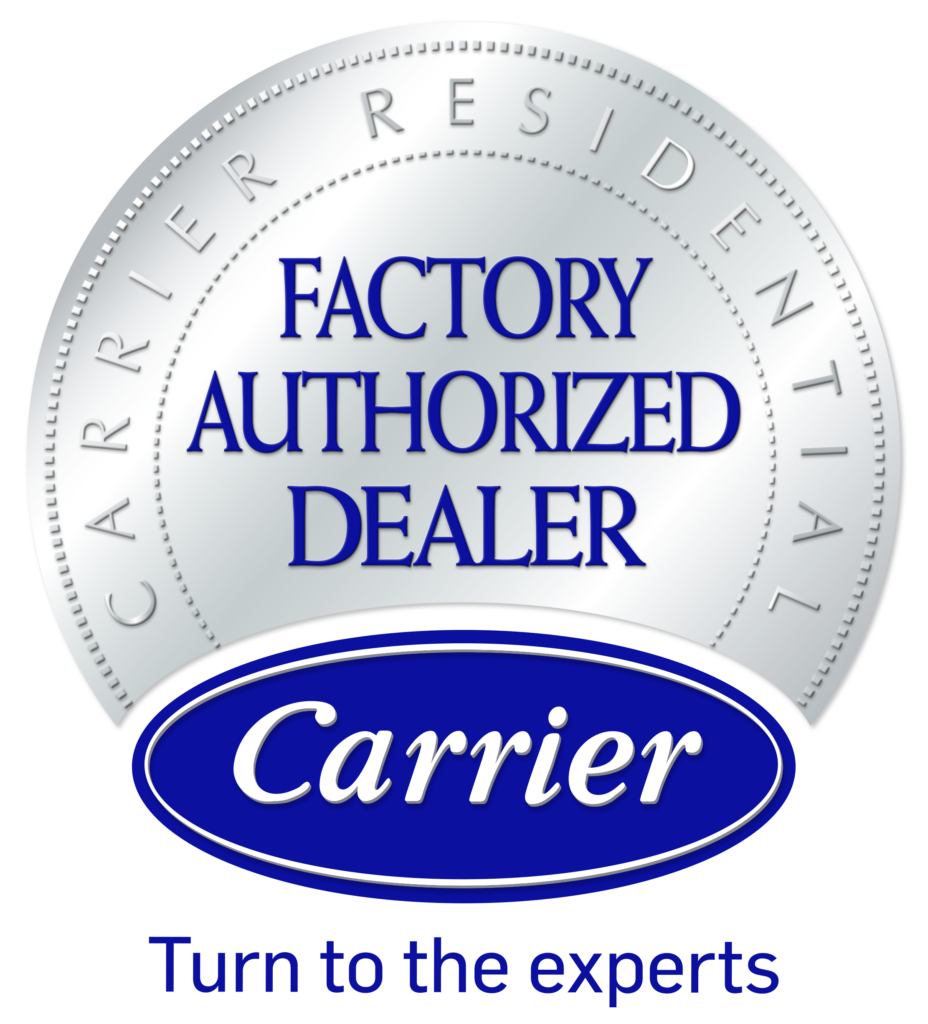No More Hard Water: 7 Benefits of a Water Softener System for Your Twin Cities Home
Noticing spots on your clean glasses, scratchy towels fresh from the dryer, or a chalky film in the shower? These are common signs of hard water—a problem many Twin Cities homeowners face year-round. While hard water isn’t harmful to drink, the minerals it carries can quietly wear down your plumbing, shorten the life of your appliances, and chip away at your home’s value over time.
In this guide, we’ll cover what hard water is, how to spot it, and 7 ways a water softener system can protect your home, save you money, and keep daily life running smoothly.
What Is Hard Water, and Why Is It Common in Minnesota?
Hard water contains high levels of dissolved minerals, mainly calcium and magnesium. In the Twin Cities, much of our water comes from underground sources that pass through limestone and other mineral-rich rock. As the water travels, it naturally picks up these minerals—making hard water a persistent issue in many neighborhoods.
Water hardness is measured in grains per gallon (gpg). Think of one grain as a tiny amount—equal to about 17 milligrams of dissolved minerals (like calcium carbonate) in each liter of water (mg/L).
Hard Water Rankings
The U.S. Geological Survey classifies “water hardness” into four categories:
- Soft: 0–3.6 gpg (or 0-60 mg/L)
- Moderately hard: 3.5–7 gpg (or 61-20 mg/L)
- Hard: 7–10.5 gpg (or 121-180 mg/L)
- Very hard: 10.5 gpg or higher (or more than 180 mg/L)
In Woodbury, hardness typically ranges between 14 and 18 gpg, which falls solidly into the “very hard” category. In Maple Grove, it often measures 25 to 28 gpg, which is extremely hard—more than double the threshold for “very hard” water.
These levels are far above what your plumbing system and household appliances handle well. Treating your water isn’t just about comfort—it’s about protecting your plumbing, extending the life of your appliances, and reducing daily maintenance.
How Hard Water Impacts Plumbing and Appliances
Minerals in hard water do more than leave spots on your dishes—they can cause real wear and tear inside your home’s systems. When hard water is heated, the calcium and magnesium separate from the water and form a chalky buildup called “scale.” Over time, scale acts like an insulating layer inside pipes, water heaters, and fixtures.
Common Impacts of Scale and Hard Water
This mineral buildup shows up in several ways that can impact your comfort, efficiency, and budget:
- Reduced water pressure: As scale builds up inside pipes, it narrows the passage for water flow, leading to weaker pressure at faucets and showers.
- Lower water heater efficiency: It takes more energy to heat through scale, increasing utility bills.
- Clogged pipes and fixtures: Mineral buildup can reduce flow and water pressure.
- Shorter appliance lifespan: Appliances like dishwashers, washing machines, and coffee makers wear out faster when scale accumulates in lines and valves.
Left unchecked, these issues can lead to higher energy costs, unexpected repairs, and premature appliance replacement. McQuillan Home Services can help you prevent hard water damage with proven water treatment solutions designed for Twin Cities homes.
Signs Your Twin Cities Home Has Hard Water

Now that you know what hard water is and why it’s common in our area, it’s worth asking: Is it already affecting your home?
Even without a formal test, hard water often leaves a trail of clues you can see and feel every day:
- White streaks or spots on dishes and glassware
- Persistent soap scum in tubs and sink surfaces
- Dry, dull-feeling skin or hair after bathing
- Stiff or prematurely worn laundry
- Unusually low water pressure linked to buildup in pipes
- Appliances that struggle to perform or need frequent maintenance
If any of this sounds familiar, chances are hard water is working behind the scenes in your home.
Do You Have Hard Water? How to Know for Sure
If you’ve noticed some of the common signs—spots on dishes, stiff laundry, or stubborn soap scum—you might be dealing with hard water. But the only way to know for certain is to test it.
Water Hardness Tests You Can Trust
Thankfully, it’s easy to find out, and you have a few options:
- Review your city’s water report: Many municipalities post annual water quality reports, including hardness levels (in grains per gallon or mg/L).
- Use a home water test kit: Affordable and easy to use, these give a quick estimate of mineral content.
- Schedule a professional water test: We can test your tap water and explain what the results mean for your plumbing and appliances.
7 Benefits of Installing a Water Softener System
Hard water touches nearly every part of your home’s daily life—from the way your coffee maker runs in the morning to how your skin feels after a shower. Over time, the minerals it carries can add up to higher costs, more cleaning, and unnecessary wear on your plumbing and appliances. Installing a water softener addresses these issues at the source, delivering both immediate improvements and long-term protection.
Here’s what you can expect when you make the switch:
- Longer-lasting appliances: Reduces scale damage inside your water heater, dishwasher, washing machine, and more.
- Improved energy efficiency: Appliances run more efficiently without scale buildup.
- Better plumbing performance: Keeps pipes and fixtures clear so water flows smoothly.
- Cleaner laundry and dishes: Detergents work better, minimizing residue left behind on your clothes and dishes.
- Softer skin and hair: Without mineral interference, bath and hair products leave your feeling refreshed.
- Less cleaning time: Eliminates scrubbing soap scum or hard water spots from your faucets, shower heads, and other fixtures.
- Protects your home’s value: Scale-free systems and a longer-lasting plumbing network help maintain your home’s condition over time—something future buyers will respect.
With benefits you can see, feel, and measure, a water softener quickly becomes one of the most valuable upgrades you can make for your home.
Clearing Up Common Myths About Water Softener Systems
Water softeners have been around for decades, and with that history comes a lot of half-truths and outdated information. Many of the most common misconceptions date back to older, less-efficient models or are based on misunderstandings about how softeners work. If you’ve heard one of these before, you’re not alone—these myths still circulate in homeowner conversations, online forums, and even from outdated maintenance guides.
Here’s the truth behind the most common myths:
- “Softened water tastes salty.” False. The sodium added is usually less than what’s in a slice of bread.
- “Softeners harm septic systems.” False. Modern systems are safe when paired with a well-maintained septic setup.
- “Softening wastes water.” False. Modern units are efficient, often certified for low salt and water usage.
- “Only older homes need a water softener.” False. Any home in the Twin Cities with hard water—new or old—can benefit.
Understanding the truth behind these myths helps you make informed, confident decisions about your home’s water treatment system.
Choosing the Best Water Softener for Your Home
Once you’ve decided to solve your hard water problems, the next step is finding a system that fits your home, your water, and your lifestyle. Not all softeners are the same and choosing the right one can make the difference between a system that works well for a few years and one that delivers lasting performance.
Here are a few key factors to keep in mind when you start comparing options:
- Water hardness level: A professional test ensures you get a system that has the capacity to deal with the correct water hardness (in grains per gallon).
- Household size: More bathrooms = a higher capacity system needed.
- System type: Salt-based softeners are common, but salt-free systems have their place.
- Combination units: Some systems combine softening with filtration for all-in-one water quality.
By matching the right system to your home’s needs, you’ll get better performance, longer equipment life, and the best return on your investment. At McQuillan Home Services, we take the time to understand your home’s unique water conditions, recommend the best options, and install your system with precision—so you can count on reliable, efficient water treatment for years to come.
Enjoy Cleaner, Softer Water All Year Long
Hard water doesn’t have to be part of your daily routine. At McQuillan Home Services, our technicians can help protect your plumbing, extend appliance life, and preserve your home’s value with a professionally installed water softener system. By preventing scale damage and improving everyday comfort, you’re investing in your home—both today and tomorrow.
We proudly serve Twin Cities communities like St. Paul, Minneapolis, Maple Grove, Woodbury, and Eagan, delivering cleaner, softer water that supports a home built to last. Schedule your in-home water softener consultation today and take the first step toward lasting comfort.
Schedule your in-home water softener consultation today and take the first step toward cleaner, softer water—and a home that’s built to last.



